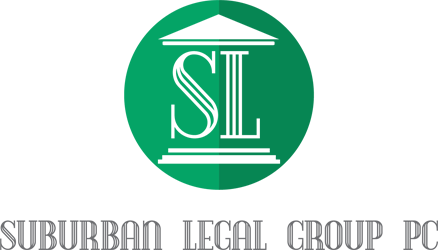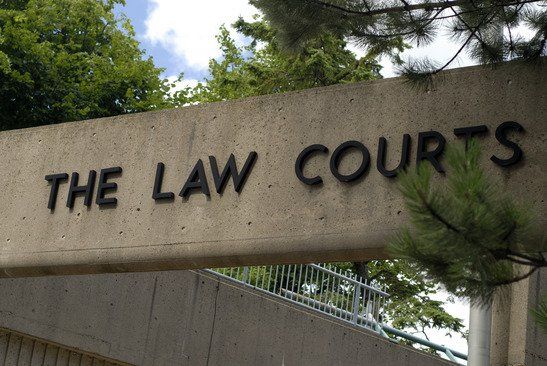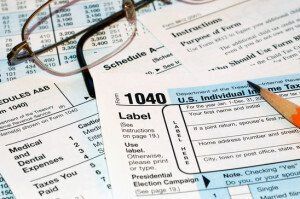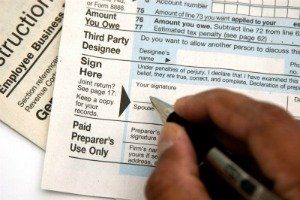(Schaumburg Office – Main Office)
Call Now!
(847) 843-8600
Protecting Yourself from Ruthless Debt Collectors
The pandemic has brought financial misfortune to millions of Americans, and when the dust settles, and life slowly gets back to normal, it’s a good bet that debt collectors will ramp up their efforts to collect. The financial instability of 2020 has pushed the budgets of many Americans to the breaking point, and it’s only a matter of time until home foreclosures, unpaid loans, and overdue credit card debts start to become a problem.
While it may take months or years for some Americans to get back on their feet after the financial hurt caused by the pandemic, it’s likely that the nation’s debt collectors will begin their endless calls and letters to those who may – or may not – owe them money. The one bright spot in the world of debt collection is that Americans are protected by laws like the Fair Debt Collection Practices Act (FDCPA), and they also have options like bankruptcy when debts become insurmountable.
If you’re worried about unpaid debts, or you were recently informed by a debt collector or debt buyer about a debt, here are some protections you should know about so you aren’t taken advantage of by those collectors.
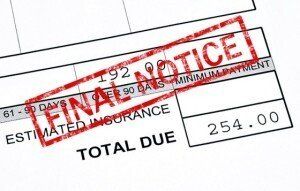
What Debts are Covered by the FDCPA?
There are several types of debts that are covered by the protections of the FDCPA. Those debts include mortgages, medical debts, credit cards, and various personal or family debts. The FDCPA doesn’t cover business debts, and it’s also not enforced when an original creditor is involved.
The FDCPA, which is a federal rule, as well as various state rules, prevent entities like debt buyers and collection agencies from harassing citizens over unpaid debts. If you have an unpaid loan or an overdue credit card, your original creditor (a company like Capital One or Discover) might sell your account to a debt buyer, who will try to collect the debt from you.
This debt collector is bound by the rules of the FDCPA regarding the behavior the collection agency can engage in while trying to collect money. Understanding the major facets of the FDCPA and similar rules can help you understand when to contact a lawyer and when to ask a legal professional about whether your rights have been violated.
The major restrictions placed on debt collectors include:
- Time restrictions. A debt collector cannot contact you when it’s inconvenient. In fact, they can’t call you before 8 AM or after 9 PM. They also can’t call you at work if you inform them that you cannot accept calls at your place of work.
- Attorney restrictions. If you hire a lawyer to protect you or represent you, a debt collector cannot contact you directly and must contact your legal representative. The debt collector must contact your attorney once you inform them that you have one.
- General harassment. Debt collectors aren’t allowed to engage in harassing behaviors, whether that’s through angry phone calls or letters with strong language. They can’t harass anyone else you’re related to, work with, or know to collect a debt, either.
Researching Your State Debt Collection Laws
Some states around the country have laws that protect their citizens from debt collectors. These laws are usually known as Deceptive Acts and Practices laws. All states don’t have these laws, but those that do can offer even more protection for debtors who are struggling with unpaid debts.
If you live in Illinois and believe that a debt collector has violated the law, the Illinois Attorney General indicates that you have one year from the date of the alleged law violation to file a lawsuit. A year isn’t a long time, so it’s important to speak with a lawyer early if you believe your rights have been violated. It’s better to be safe than sorry when it comes to filing a lawsuit.
Are You Dealing with Debt Collectors and a Possible Bankruptcy?
Would you like assistance from an experienced legal professional with experience in bankruptcy law? Contact Suburban Legal Group for assistance with all matters relating to debt collection law, the FDCPA, and bankruptcy. A consultation is the first step.
DISCLAIMER: All information on this website is provided for informational purposes only and is not intended to be construed as legal advice. Suburban Legal Group PC shall not be liable for any errors or inaccuracies contained herein or any actions taken in reliance thereon.
